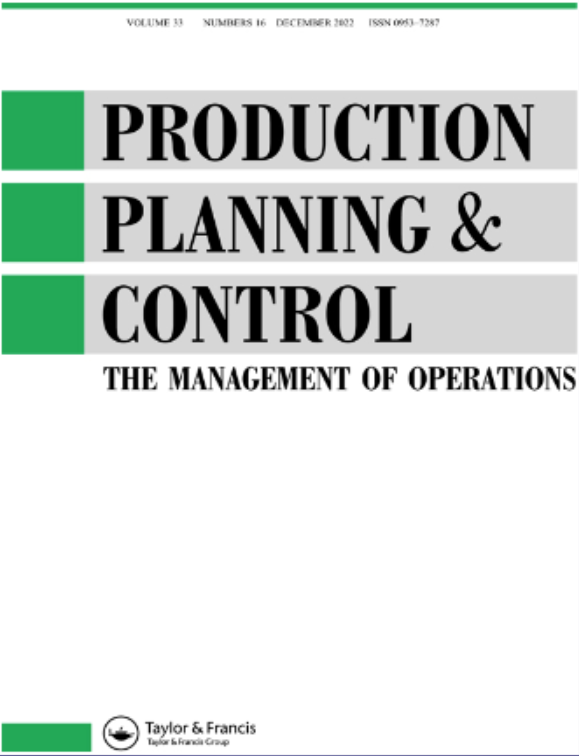测量方法重要吗?组织间关系中契约治理的前因和结果的元分析
IF 5.4
3区 管理学
Q1 ENGINEERING, INDUSTRIAL
引用次数: 0
摘要
现有文献对契约治理采用了多种测量方法;然而,目前尚不清楚这些差异是否会影响组织间关系中契约治理及其前提和结果之间关系的效应大小。本研究通过检查测量因素的调节影响,重新审视了通常探索的关系。我们荟萃分析了141篇涉及32,763个组织间关系的文章。结果表明,主观测量和客观测量在一定的关系中是不能互换的。契约治理,通过多个维度和每个维度的多个项目来衡量,显示出与其他结构更强的关系。此外,当使用反思性指标来衡量合同治理时,混合合同条款和合同应用并不是一个严重的问题。这些发现促进了我们对契约治理和其他结构之间关系的边界条件的理解。对管理人员的启示是,他们既应该关注合同本身,也应该关注合同是如何被主观感知的。本文章由计算机程序翻译,如有差异,请以英文原文为准。
Do measurement methods matter? A meta-analysis of antecedents and outcomes of contractual governance in interorganisational relationships
Existing literature uses multiple measurement methods for contractual governance; however, it is unclear whether such differences impact the effect sizes of the relationships between contractual governance and its antecedents and outcomes in interorganisational relationships. This study revisits commonly explored relationships by examining the moderating impacts of the measurement factors. We meta-analysed 141 articles involving 32,763 interorganisational relationships. The results indicate that subjective and objective measurements cannot be interchangeable in certain relationships. Contractual governance, measured by multiple dimensions and multiple items per dimension, exhibits a stronger relationship with other constructs. Furthermore, mixing contract provisions and contract applications when using reflective indicators to measure contractual governance is not a serious issue. These findings advance our understanding of the boundary conditions of the relationships between contractual governance and other constructs. An implication for managers is that they should pay attention to both contracts per se and how contracts are subjectively perceived.
求助全文
通过发布文献求助,成功后即可免费获取论文全文。
去求助
来源期刊

Production Planning & Control
管理科学-工程:工业
CiteScore
19.30
自引率
9.60%
发文量
72
审稿时长
6-12 weeks
期刊介绍:
Production Planning & Control is an international journal that focuses on research papers concerning operations management across industries. It emphasizes research originating from industrial needs that can provide guidance to managers and future researchers. Papers accepted by "Production Planning & Control" should address emerging industrial needs, clearly outlining the nature of the industrial problem. Any suitable research methods may be employed, and each paper should justify the method used. Case studies illustrating international significance are encouraged. Authors are encouraged to relate their work to existing knowledge in the field, particularly regarding its implications for management practice and future research agendas.
 求助内容:
求助内容: 应助结果提醒方式:
应助结果提醒方式:


